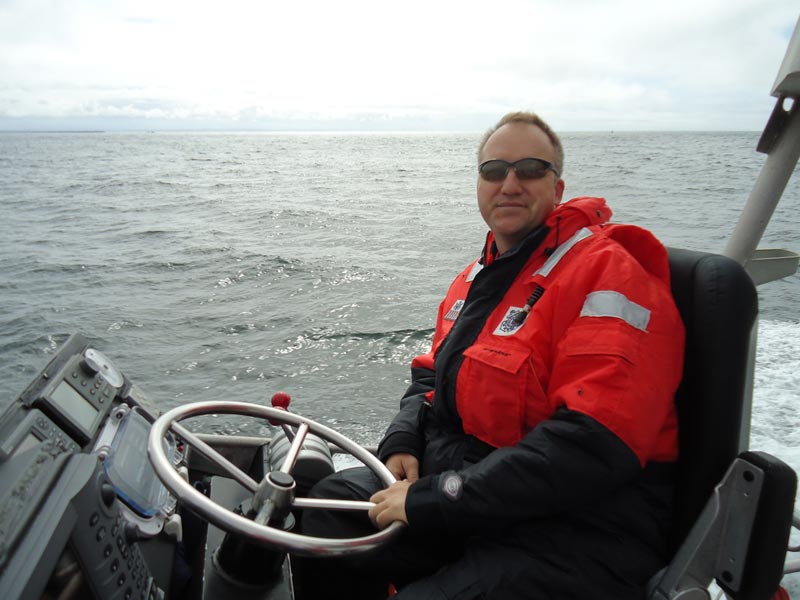In addition to piloting boats for pleasure, I am also a sponsor and participant in the Oregon Food Bank's Oregon Tuna Classic.
It is great to get out on the water for a good cause. I Captained my boat when we won the Deep Canyon Challenge and competed in the IGFA Off Shore World Championship in Costa Rica.

Not only did Colbach's crew win the $6,000 first-place pot, they donated the entire amount back to food banks in Clatsop (Oregon) and Pacific (Washington) counties.
Del Stephens, event manager, said 450 participants in the fishing and banquet donated 7,800 pounds of tuna and an estimated net of $15,000-$20,000 to the food banks.
The video below is about the U.S. Coast Guard training in the PNW near Astoria, Oregon where the mouth of the Columbia River meets the Pacific Ocean, one of the most dangerous inlets in North America which consistently has some of the worst weather and highest seas.
The challenges and dangers of boating on our rivers and oceans are not always caused by the elements.
The Coast Guard boating accident data from 2023 finds that, "Operator inattention, improper lookout, operator inexperience, excessive speed and machinery failure ranked as the top five primary contributing factors in accidents. [...] The most frequent events involve collisions with other vessels, objects or groundings, which is why it is so important to keep a proper lookout, navigate at a safe speed, adhere to navigation rules and obey navigation aids. "
Every year, the U.S. Coast Guard compiles statistics to help us better understand boating safety. Not too surprising is the fact that alcohol contributes significantly to boating accident injuries and death just as car accidents. According to the U.S. Coast Guard, the use of alcohol is involved in about a third of all recreational boating fatalities.
Alcohol is a significant factor of boating accidents, injuries and deaths. In fact the Coast Guard says, "There is NO safe threshold for drinking and operating a boat, so do not assume you are safe just because you fall into the "rarely" or "possibly" influenced categories."

In 2010 The Oregonian writer Bill Monroe came along to fish with our crew that day and wrote a story about his experience and The Oregon Tuna Classic which has now expanded to additional events, Deep Canyon Challenge and the Washington Tuna Classic.
Offshore tuna fishing, Oregon style, is by its very nature a demanding sport. Success rewards preparation; careless skippers rarely venture that far from the sight of land -- 30 to 60 miles, where tuna ride warm "blue water" currents from as far as the equator and beyond.
As the 35-foot "Shake N Bake" sped westward, skipper Mike Colbach of Portland at the helm, his crew calmly prepared.
- Jones Act
- Longshore and Harbor Workers' Compensation Act
- The Death on the High Seas Act
 Teton Offshorefishing
Teton Offshorefishing






